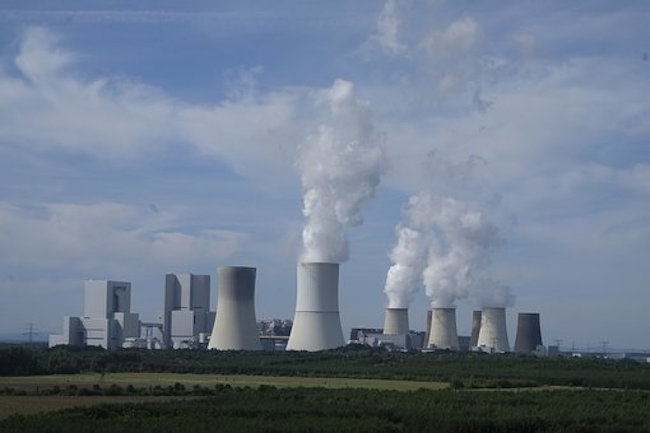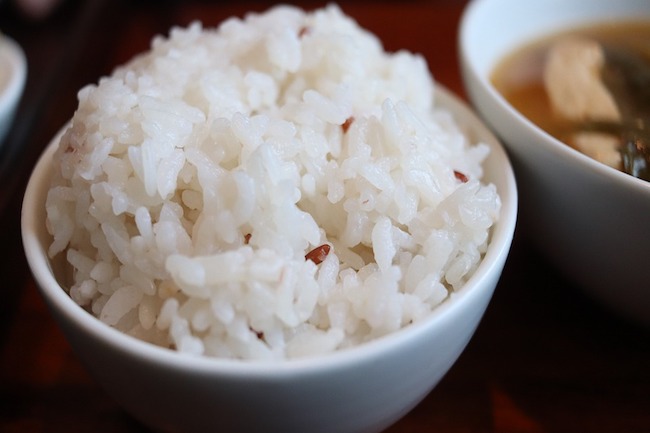How the Dumping of Fukushima’s Water Will Affect You by SARA TIPTON for Sara Tipton for Ready Nutrition
It’s been close to 10 years since the devastating Fukushima Disaster where there was a meltdown of three reactor cores at the Fukushima Dai-ichi Nuclear Plant. Over 1 million tons of radiation-laced water is stored in tanks so it won’t escape into the ocean or elsewhere. But now, government officials have seen fit to release […]
It’s been close to 10 years since the devastating Fukushima Disaster where there was a meltdown of three reactor cores at the Fukushima Dai-ichi Nuclear Plant. Over 1 million tons of radiation-laced water is stored in tanks so it won’t escape into the ocean or elsewhere. But now, government officials have seen fit to release that water slowly into the Pacific oceans with most (but not all) of the radioactive materials removed.
The Japanese government has said that dumping the radioactive water into the ocean is “the only option.”
On March 11, 2011, a terrible earthquake struck Japan. The quake triggered a tsunami with waves reaching up to 133 feet high, which caused three nuclear meltdowns and three hydrogen explosions at the Fukushima Daiichi power plant. As a result, there are more than 1 million tons of contaminated water being stored in Fukushima. Most of that was water which was injected into the reactor cores to cool them down and to stop the meltdowns. Some of it is groundwater which seeped up through cracks in the foundation, mixing with the radioactive material inside the facility.
“For years, a government panel has been discussing ways to handle the crisis and to reassure fishermen and residents who fear possible health effects from releasing the radioactive water as well as harm to the region’s image and fishing industry.
Fukushima fishermen and the National Federation of Fisheries Co-operative Associations have strongly opposed past suggestions by government officials that the water be released to the sea, warning of an “immeasurable impact on the future of the Japanese fishing industry,” with local fishermen still unable to resume full operations after the nuclear plant accident.
The water has been treated, and the plant operator, Tokyo Electric Power Co., says all 62 radioactive elements it contains can be removed to levels not harmful to humans except for tritium. There is no established method to fully separate tritium from water, but scientists say it is not a problem in small amounts. Most of the water stored at the plant still contains other radioactive elements including cancer-causing cesium and strontium and needs further treatment.” –Outdoor Revival
Yoshiaki Harada, Japan’s Environment Minister, recently said in a press briefing that when that space to store contaminated water is gone, they will have no choice but to dump it into the Pacific Ocean in order to “dilute” the contamination. What that really means is that it will spread out in the ocean, spreading contamination to other areas.




